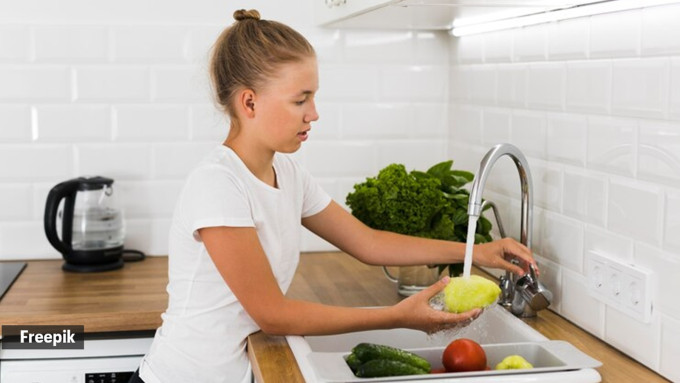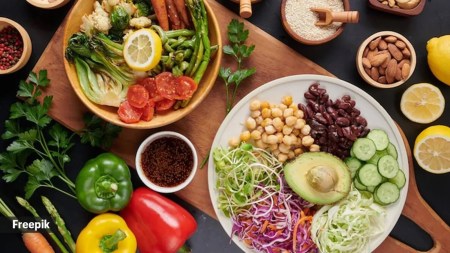Should you (or not) soak mangoes in water before consumption?
It would not be wrong to say that mangoes make the summer season bearable. From Dussehri, Kesar, to Hapus, the seasonal summer platter is incomplete without this delicious fruit. But much like everything else, mangoes also come with certain dos and don’ts, including the quantity to be consumed and its effect on the health, ways to find out if they have been artificially ripened, and the practice of soaking them in water for an hour before devouring them. As we have answered the first two questions before, today we shall find out if the soaking them holds any significant value.
Giving a thumbs up to the practice, Sushma PS, chief dietician, Jindal Naturecure Institute said soaking mangoes for just one hour can significantly reduce the levels of phytic acid, “an anti-nutrient” that inhibits mineral absorption. “This process is crucial as phytic acid interferes with the body’s ability to absorb essential minerals like iron, zinc, and calcium, potentially leading to deficiencies. By soaking mangoes for 1-2 hours, excess phytic acid is removed, promoting better nutrient absorption,” said Sushma.

But if you do not have as much time, even a quick soak for 25-30 minutes can suffice. Notably, soaking not only enhances nutrient absorption but also helps prevent various health issues such as acne, skin problems, headaches, constipation, and gut-related concerns.
“Both Ayurveda and modern nutrition support soaking mangoes before eating. In Ayurveda, mangoes are valued for their sweetness and cooling properties, which can balance the body’s heat. Soaking them can enhance these properties and aid digestion while increasing hydration,” added Lakshita Jain, clinical dietitian, and founder, NUTR, Delhi.
View this post on Instagram
A post shared by Kiran Kukreja| Nutritionist| Weight Management| Skin & Hair (@nuttyovernutritionn)
From a modern nutrition perspective, soaking mangoes can boost their water content, making them more hydrating, and improve texture and flavour, Jain added. “This practice may also aid digestion for some. Overall, soaking mangoes is a simple way to enjoy their benefits, but it’s essential to choose the method that feels right for you,” Jain said.
View this post on Instagram
A post shared by Dr Dixa Bhavsar Savaliya (@drdixa_healingsouls)
Ultimately, whether to soak mangoes before consumption depends on personal preference, cultural practices, and the perceived benefits. However, it’s essential to ensure proper hygiene practices and thorough washing of fruits before consuming them to minimise the risk of any contaminants. Jain said that proper washing with water is sufficient to clean the fruit.
 Ensure you wash your fruits regularly (Source: Freepik)
Ensure you wash your fruits regularly (Source: Freepik)
Wash the mangoes: Rinse the mangoes under cool water to remove any dirt or debris from the skin.
Fill a bowl with water: Take a bowl large enough to accommodate the mangoes you want to soak and fill it with cold water.
Soak the mangoes: Place the mangoes in the bowl of water, ensuring they are fully submerged. You can soak them depending on your preference and the ripeness of the mangoes. “Soaking them longer can result in softer flesh and juicier fruit,” said Jain.
Remove and dry: Once soaked adequately, remove the mangoes from the water and pat them dry with a clean kitchen towel or paper towel.
Bonus tip:
How to choose ripe mangoes
Jain said that ripe mangoes will yield slightly when gently pressed, and they’ll also have a sweet fragrance at the stem end.
Disclaimer: The copyright of this article belongs to the original author. Reposting this article is solely for the purpose of information dissemination and does not constitute any investment advice. If there is any infringement, please contact us immediately. We will make corrections or deletions as necessary. Thank you.





